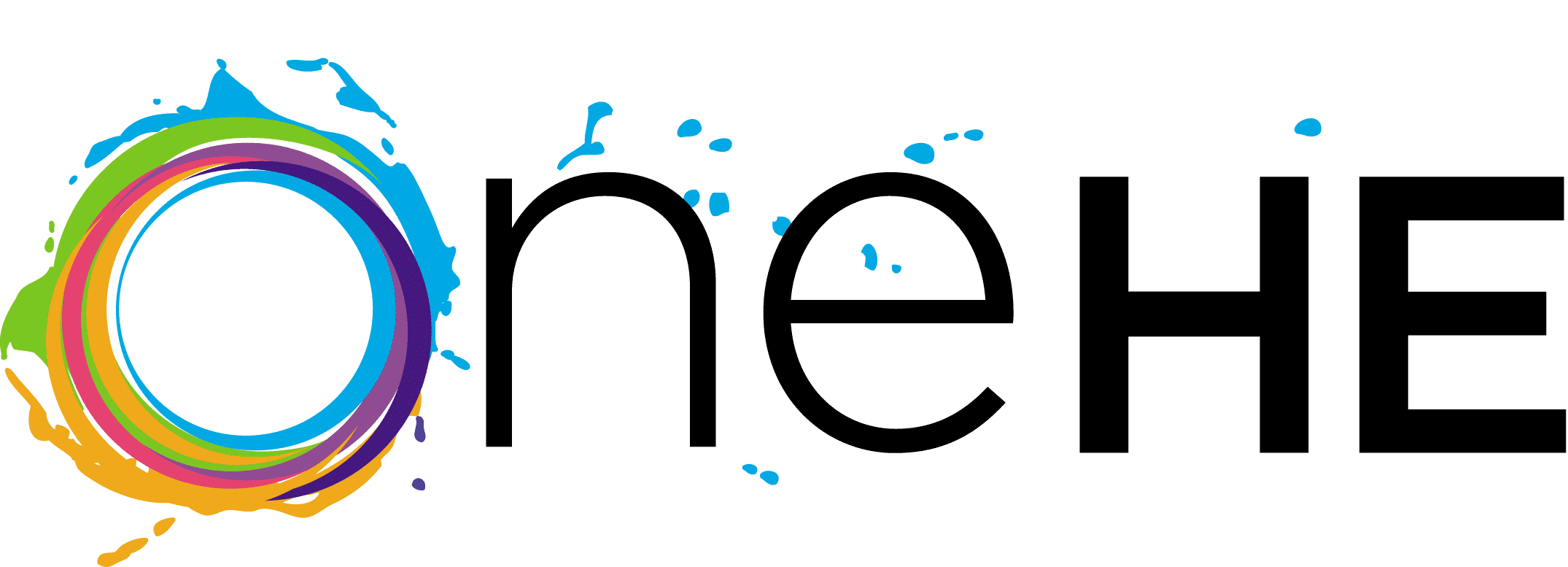Click here to view the video transcript
Ironically, it is not just students who are worried about academic writing. Staff, too, are wary and feel very exposed when asked to write, having never enough time to engage with it properly for themselves, writing for themselves. Arguably, all those that teach also teach academic writing and can benefit from embracing processes that enable them to positively discover the pleasure of writing to pass on to their students. That is, as staff, we benefit from playing with our own writing and our own writing practice to see where it takes us and where it can take our students and where it can take us together. If we can see and approach writing differently, it can open up the potential for writing. Thus, we argue that we need to challenge, disrupt, the way that academic writing itself is apprehended by academic staff and students alike. Do see Lillis and Peter Elbow here on this if we are to discover humane and empowering approaches to writing in the academy and without.
We all need to resist the too-soon focus on grammar and style and highly prescriptive, formal, right answer academic writing, and instead, create curriculum and classroom spaces where students can write to learn rather than learn to write. Can’t emphasize that enough. In this course, we include many reasons as to why we need to approach and teach writing differently. We also outline activities for lecturers that they can use to initiate students into writing and to encourage playful writing. In giving yourself permission to approach writing experimentally in the curriculum, in your activities in the classroom, you too, might discover, rediscover, the joy of writing and ignite that joy of writing and learning in your students.
What is it that makes academic writing so difficult to teach?
Academic writing is a contested area, with students saying ‘they can’t write’, and lecturers worrying that students ‘don’t write’, and when they are writing that they are plagiarising. In our own teaching practice, we find the ‘threshold concepts’ of academic writing useful. The notion of ‘threshold concept’ arose out of research by Jan Meyer and Ray Land (2003; 2005) who defined this as the liminal space that we irreversibly cross when we truly know something. We found that Molinari (2017; 2022) helps us focus on the ontological and epistemological functions of writing that speak to all of the aspects of academic writing. Her argument is that there are 37 possible threshold concepts of academic writing with the key ones being (Molinari, 2017):
- It is a social and rhetorical activity – involving knowledge-making.
- It speaks to situations through recognisable forms, representing the world, events, ideas and feelings whilst being open to interpretation.
- It enacts and creates identities and ideologies.
- It is not an end in itself.
- All writers have more to learn.
Molinari (2017; 2022), in her exploration of the threshold concepts of academic writing, harnesses the historically multimodal nature of writing to also make useful arguments for developing more multimodal assessments – video essays, blogs, animations and more. To help our students cross the threshold into academic writing, we encourage the more multimodal ‘blogging to learn’. This becomes a semi-public, quasi-academic space in which to write about and ‘re-genre’ their thoughts, which helps them find themselves as they experience, reflect on and communicate their learning and become academic (Burns, Sinfield & Abegglen, 2015).
Image Mediated Writing Activity
Choose one image from the Padlet image library below or #creativeHE 101 images selection at https://tinyurl.com/jwb6my3a, that to you represents ‘academic writing’. Look closely at your image and write a literal description of it. Then write again: analyse it: why and how does it represent academic writing to you?
Burns, T., Sinfield, S. and Abegglen, S. (2015). Voices from the margins: Narratives of learning development in a digital age. Journal of Educational Innovation, Partnership and Change, 1(1), 2015.
Meyer, J. H. F. and Land, R. (2003). Threshold concepts and troublesome knowledge: Linkages to ways of thinking and practising. In C. Rust (ed.), Improving student learning: Ten years on, pp. 412-424. Oxford: Oxford Brookes University.
Meyer, J. H. F. and Land, R. (2005). Threshold concepts and troublesome knowledge (2): Epistemological considerations and a conceptual framework for teaching and learning. Higher Education., 49(3), pp. 373-388.
Molinari, J. (2017, June). What makes our writing academic? reGenring17 Conference, Nottingham Trent University, United Kingdom.
Molinari, J. (2022). What makes writing academic? Rethinking theory for practice. London: Bloomsbury.

